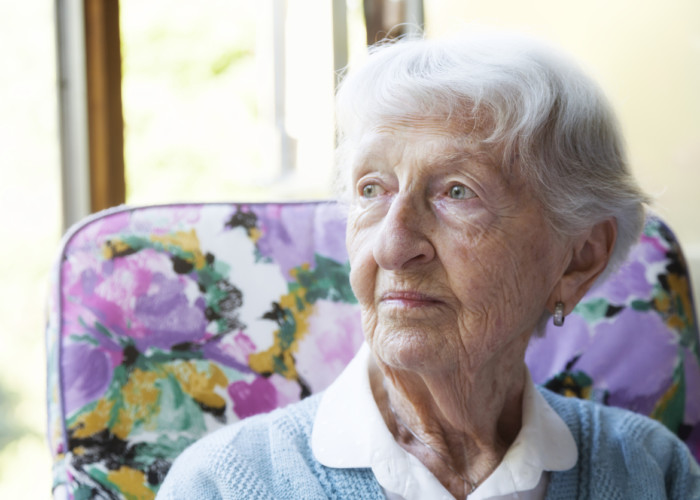depression
Seasonal Depression in Seniors: What to Look for and How to Help
The change from long summer days to shorter, colder ones can sometimes affect how we feel. And while it’s true that many of us find the holiday season to be a joyful time, the drop in temperatures and reduced daylight can bring on darker feelings as well. These changes can even lead to a type of seasonal depression known as seasonal affective disorder (SAD). During the late fall and winter months, be on the alert for any signs of depression that may be apparent in your senior loved ones. According to the Mayo Clinic, seasonal affective disorder occurs more often in women than it does in men, but men’s symptoms are often more severe.
Rather than dismissing these signs as simply the winter blues, note that SAD can cause older adults to sink into depression, experience a reduced energy level and increased … Read More »
Tips to Help Seniors Beat the Holiday Blues
For seniors with a lifetime of holiday memories, this time of year can bring about feelings of warm nostalgia, but can also trigger more negative emotions. Loss of loved ones and times gone by, stressful changes to routine, and perhaps confusion and anxiety if there are underlying physical, mental or emotional conditions at play can all lead to a full-blown case of the holiday blues for seniors.
Many seniors also face loneliness. Even if family members live in the same city, adult children often become so busy with their own lives and social obligations that they fail to recognize how much their parents or grandparents look forward to spending time with them during the holidays. Help an older person enjoy the holiday season by following these simple tips:
Stroll down memory lane. Older people whose memories are impaired may have difficulty remembering … Read More »
Alzheimer’s or Depression? Here’s How to Tell the Difference.
In our last blog, we outlined the warning signs that could point to Alzheimer’s. It’s important to note, however, that a number of the symptoms of Alzheimer’s are strikingly similar to those of depression. In order to receive proper treatment, it’s crucial to accurately document which, if any, of the symptoms below are being exhibited by your loved one, and share that information with his or her physician:










